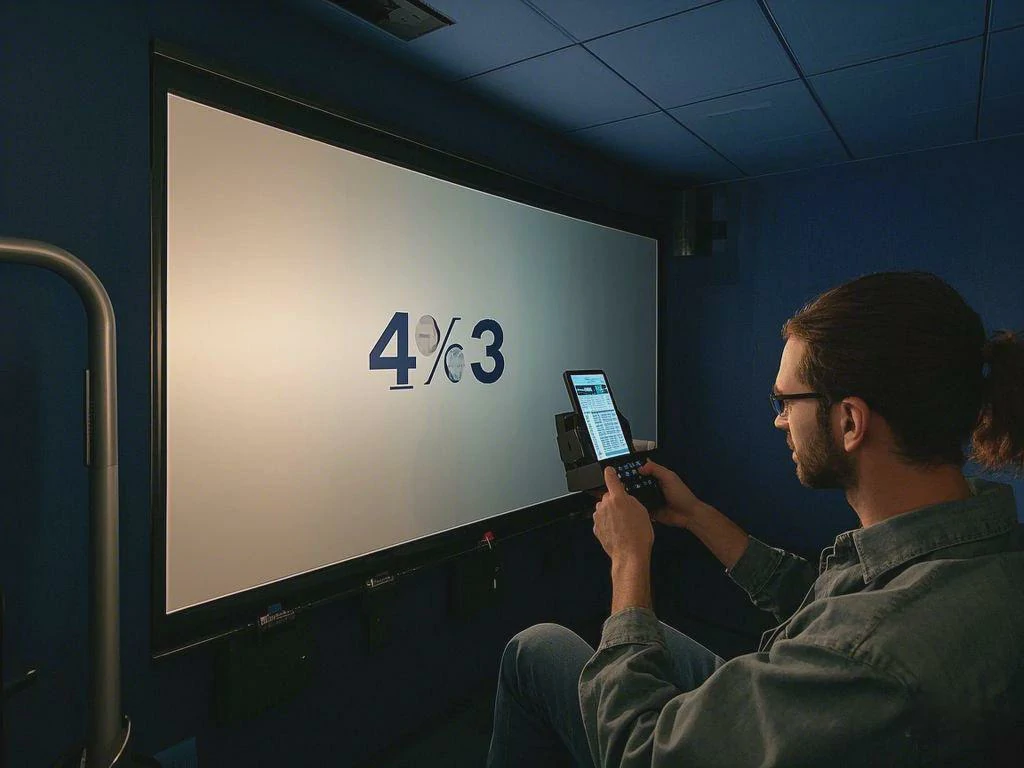Introduction
The rapidly growing virtual reality (VR) market has captivated entrepreneurs and tech enthusiasts alike, offering immersive entertainment and innovative applications in gaming, education, and training. Among the many business opportunities VR has created, starting a VR arcade stands out as a promising venture. But is VR a good investment? This essay explores the reasons to start a VR arcade and evaluates the potential profitability and sustainability of VR as a long-term business opportunity.
Why Start a VR Arcade?

High Demand for Immersive Experiences
As technology advances, consumers are increasingly drawn to immersive, interactive experiences that go beyond traditional forms of entertainment. VR arcades provide users with access to high-quality VR equipment and games, offering experiences that are often unattainable at home due to cost or space limitations. According to Statista (2023), the global VR gaming market alone is expected to reach $12 billion by 2025, reflecting the growing interest in this cutting-edge technology.
VR arcades also appeal to a wide range of audiences, from hardcore gamers and families to corporate teams and students. They offer a unique opportunity to engage with state-of-the-art gaming and simulations, making them an attractive destination for group outings, parties, and team-building events.
Low Entry Cost Compared to Other Businesses
While VR hardware and software can be expensive, starting a VR arcade is relatively affordable compared to other entertainment ventures like bowling alleys or movie theaters. The initial investment typically includes VR headsets, gaming PCs, software licenses, and a rented space. Entrepreneurs can start small—with just a few VR stations—and expand as demand increases.
Additionally, the modular nature of VR arcades allows for scalability. Owners can continually update their offerings to include new games, advanced hardware, or themed experiences like VR escape rooms, ensuring they remain competitive in the market.
Diverse Revenue Streams
VR arcades are not limited to gaming. They can diversify revenue streams by offering services such as:
- Corporate Training: Companies can use VR for employee training in areas like teamwork, leadership, and even job-specific simulations.
- Virtual Tourism: Customers can explore destinations around the world through VR, a service popular with travel enthusiasts and educators.
- Educational Programs: Schools and universities may partner with VR arcades to provide students with immersive learning experiences, such as virtual science labs or historical reenactments.
By catering to multiple markets, VR arcades can reduce dependency on one customer segment and increase their overall profitability.
Community and Social Engagement
Unlike solitary VR experiences at home, VR arcades create an environment that fosters social interaction. Groups of friends or families can compete in multiplayer games or collaborate in cooperative challenges, making the experience more memorable. This social aspect is a significant draw for customers, especially for events like birthday parties or corporate team-building outings.
Arcades can also build a loyal customer base by hosting tournaments, leagues, and themed events. These activities encourage repeat visits and help establish the business as a community hub for VR enthusiasts.
Is VR a Good Investment?

The Growth Potential of the VR Market
The VR industry is poised for substantial growth. According to PwC (2022), the global VR and augmented reality (AR) market is projected to exceed $1.5 trillion by 2030. This growth is driven by advancements in technology, increasing affordability of VR equipment, and the expanding range of applications beyond gaming.
Additionally, the rise of the metaverse—a virtual shared space integrating VR and AR—has further solidified VR’s long-term potential. Businesses that invest in VR now may benefit from being early adopters in this rapidly evolving industry.
Challenges to Consider
While the prospects for VR are promising, there are risks and challenges to consider. These include:
- High Equipment Costs: VR hardware requires regular updates to keep pace with technological advancements, which can be expensive.
- Limited Market Penetration: While VR is growing, it remains a niche market compared to other forms of entertainment like traditional gaming consoles.
- Motion Sickness and Accessibility: Some users experience discomfort when using VR, limiting the technology’s appeal to certain audiences.
To mitigate these risks, entrepreneurs must carefully research their target market, choose a strategic location, and stay informed about emerging trends in VR technology.
The Key to Success: Adaptability
The success of a VR arcade depends on the owner’s ability to adapt to changing customer preferences and technological advancements. For instance, offering flexible pricing models, subscription services, or exclusive experiences can help attract and retain customers. Additionally, investing in customer feedback and continually updating the arcade’s offerings ensures the business remains competitive and appealing.
Conclusion
Starting a VR arcade is an exciting opportunity for entrepreneurs looking to capitalize on the growing interest in virtual reality. With relatively low barriers to entry, diverse revenue streams, and increasing demand for immersive experiences, VR arcades offer significant potential for profitability. However, success requires careful planning, a willingness to adapt, and a commitment to staying ahead of technological trends. While VR is not without its challenges, its long-term growth prospects make it a worthwhile investment for forward-thinking entrepreneurs.




Comments are closed